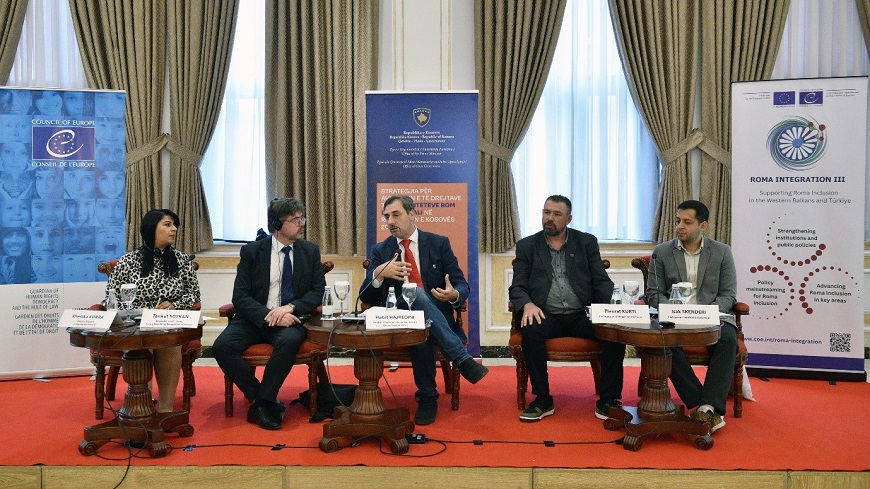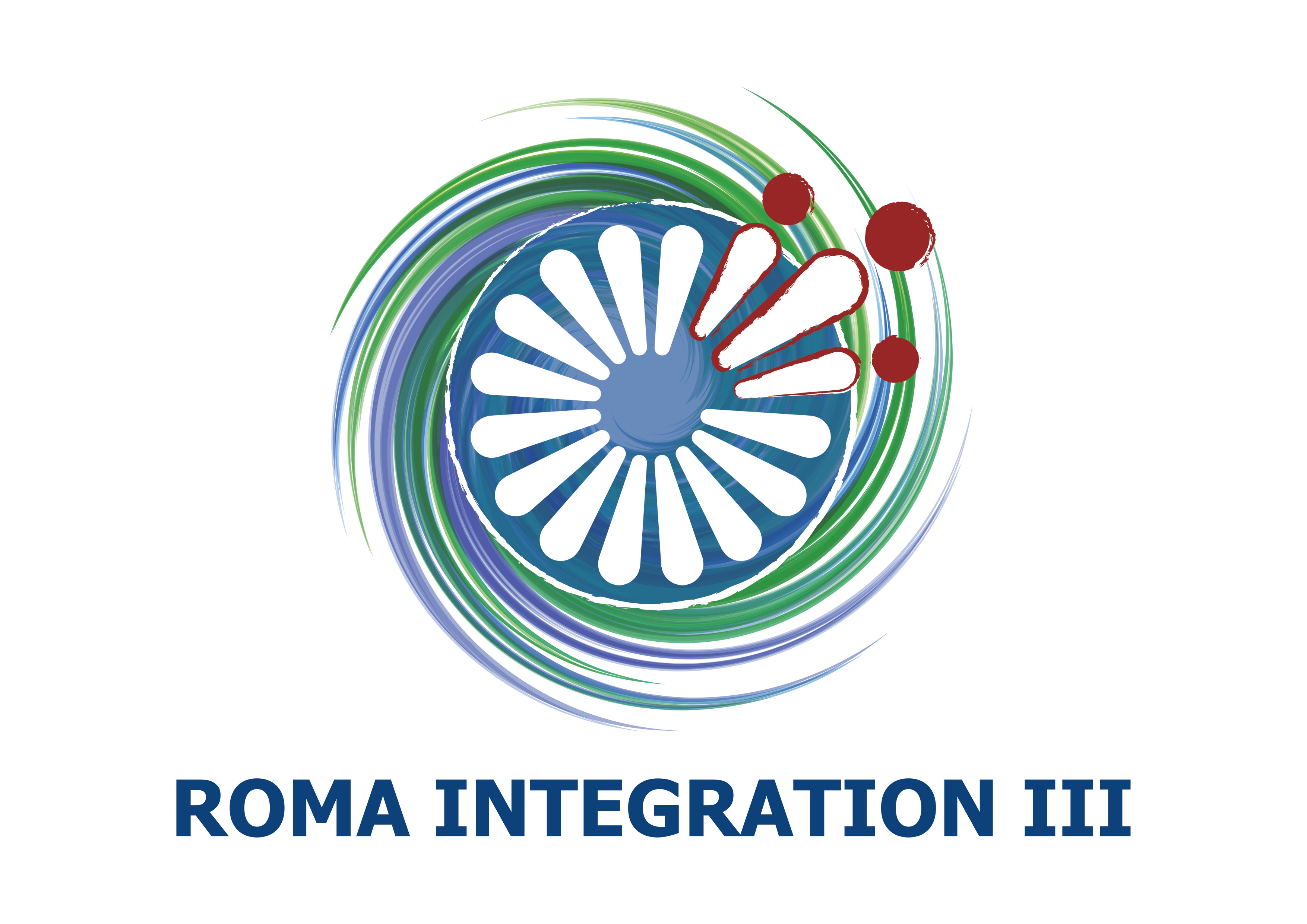The Advancing the Rights of the Roma, Ashkali, and Egyptian Communities conference brought together key stakeholders to discuss ongoing efforts aimed at improving the socio-economic and political status of these communities in Kosovo*. The event provided a platform for reflecting on achievements, addressing challenges, and strategising for the future.
Opening Remarks: A Commitment to Collaboration
The conference opened with compelling remarks from key figures. Mr. Habit Hajredini, Director of the Office for Good Governance at the Office of the Prime Minister, underscored the importance of collaboration among government institutions, civil society, and international partners in advancing the rights of Roma, Ashkali, and Egyptian communities. Mr. Pleurat Kurti, EU Delegation Representative, affirmed the EU’s support for Roma, Ashkali, and Egyptian integration. Mr. Tankut Soykan, Deputy Head of the Council of Europe Office in Pristina, reaffirmed the Council of Europe’s commitment and recommendations in addressing the needs of the Roma, Ashkali, and Egyptians. Mr. Isak Skenderi, Roma Representative, highlighted the need for a specific budget dedicated to these communities and urged local and central institutions to deliver equal treatment.
Mid-Term Report on the Roma Strategy: Progress and Next Steps
A key highlight of the event was the presentation of the Mid-Term Monitoring Report (2022-2024) on the implementation of the Strategy for the Advancement of the Rights of the Roma and Ashkali Communities (2022-2026). This comprehensive analysis provided an in-depth look at the progress made so far and the challenges that remain. The report emphasised the need for continued efforts in critical areas such as education, employment, health, and housing to ensure the advancement of these communities’ rights.
A Focus on Local Action: Recommendations for 2025-2026
The afternoon session shifted focus to the 2025-2026 Action Plan, presented by Ms. Keriman Sadikay from the Office for Good Governance. The new action plan outlines steps to strengthen the strategy’s implementation, with an emphasis on ensuring the active participation of local governments and communities. Participants engaged in lively discussions, offering recommendations and ideas for enhancing the effectiveness of future efforts.
Key Challenges and Recommendations
One of the main takeaways from the conference was the need for greater investment in local capacities. Local authorities must be better equipped to address the specific needs of Roma, Ashkali, and Egyptian communities, particularly in improving access to public services, education, and employment. The importance of intersectoral cooperation at the local level was also highlighted as essential for delivering sustainable and inclusive solutions for these marginalised groups.
A Unified Call for Change
The conference closed with powerful remarks from Mr. Hajredini and Ms. Korra, reaffirming the shared commitment to advancing the rights of Roma, Ashkali, and Egyptian communities. As participants left the event, they carried with them a renewed sense of purpose and a collective drive to continue working together to overcome the challenges ahead.
The event, organised within the framework of the Roma Integration III Joint Programme of the European Union and the Council of Europe, in collaboration with the Office for Good Governance at the Prime Minister’s Office, proved to be a valuable moment of reflection, dialogue, and renewed commitment to advancing the rights of the Roma, Ashkali, and Egyptian communities in Kosovo.
*This designation is without prejudice to positions on status, and is in line with UNSCR 1244/1999 and the ICJ Opinion on the Kosovo Declaration of Independence.


